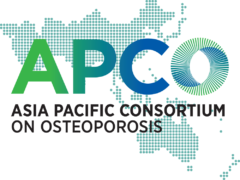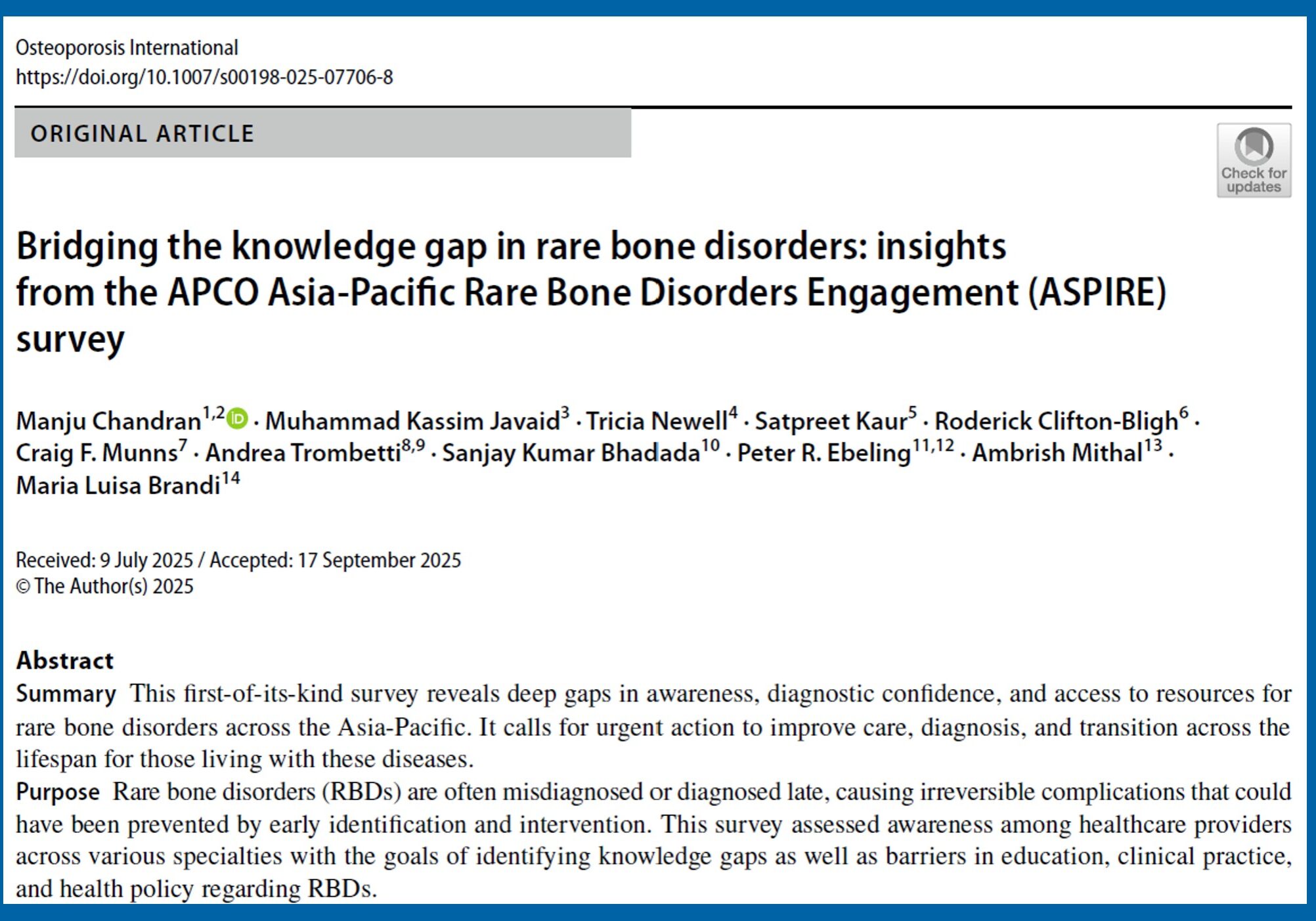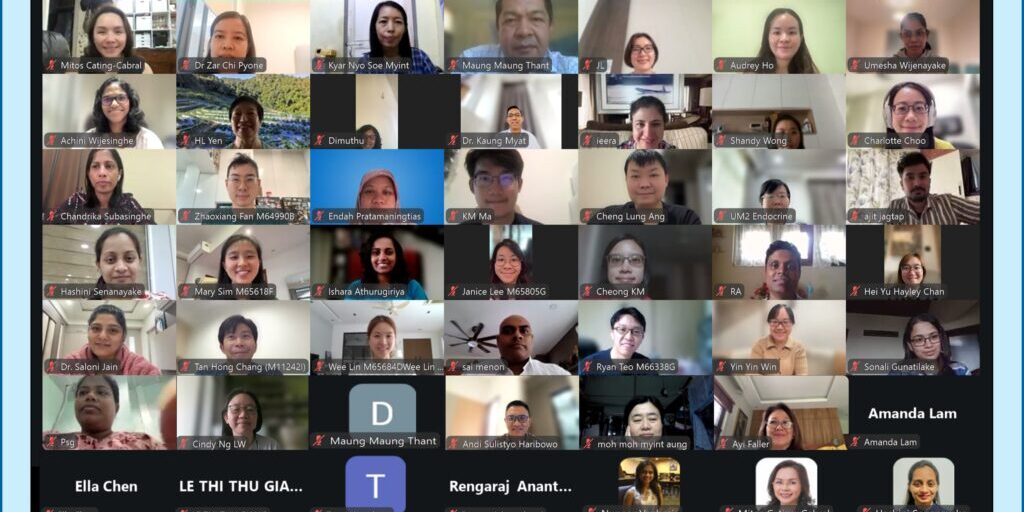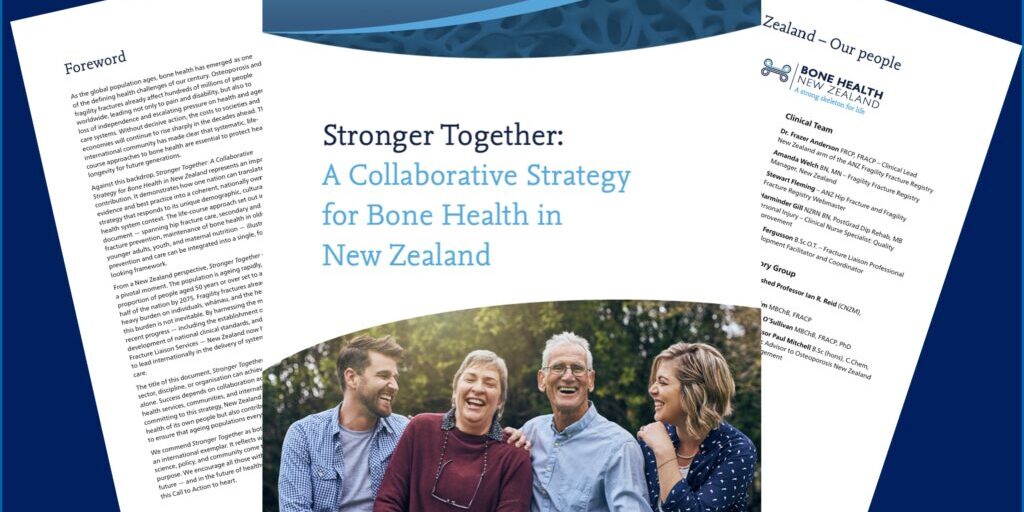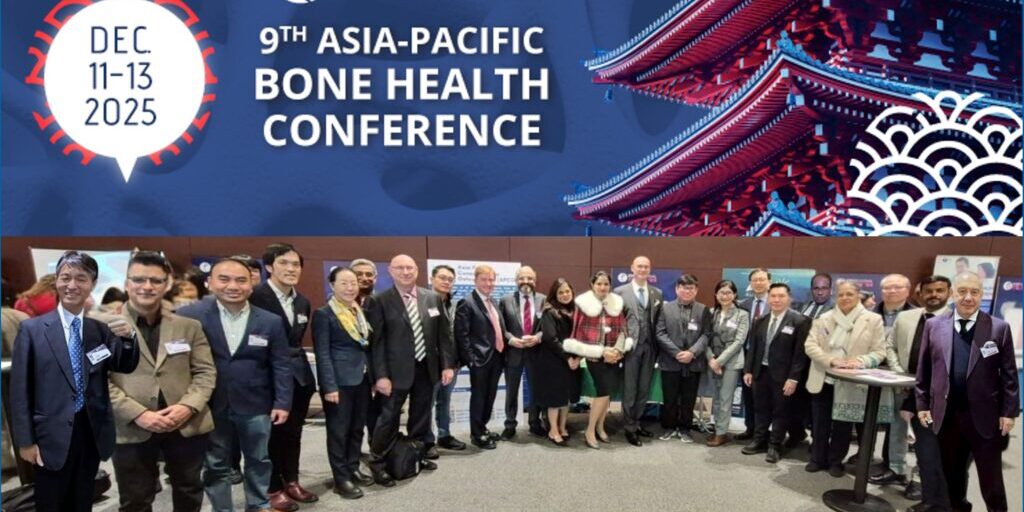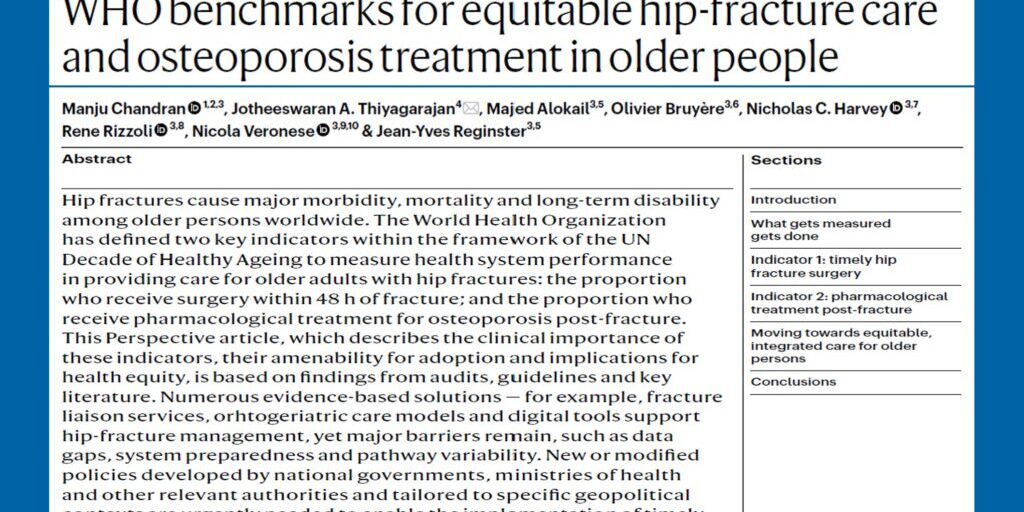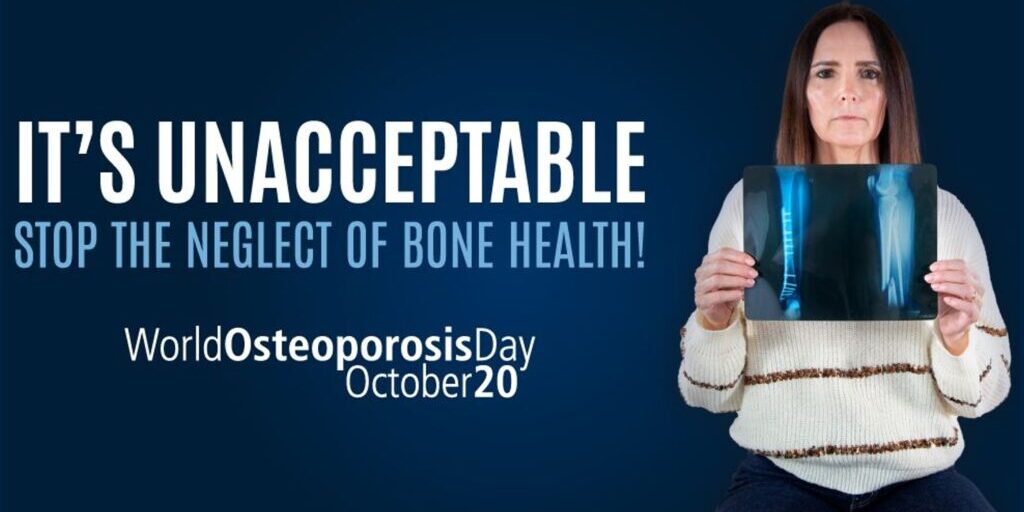The management of rare bone disorders (RBDs) has long posed significant challenges across the Asia-Pacific region. Limited awareness among healthcare providers, delayed diagnoses, and uneven access to specialist care often result in suboptimal outcomes for patients living with these complex conditions. These barriers highlight a pressing need for greater understanding, coordinated care pathways, and targeted interventions to improve patient experiences and clinical outcomes in this underserved area of medicine.
To address these gaps, the Asia Pacific Consortium on Osteoporosis (APCO) launched the APCO Asia-Pacific Rare Bone Disorders Engagement (ASPIRE) survey, a comprehensive multi-country study examining how RBDs are currently diagnosed, managed, and supported across the region. The survey’s findings, now published in Osteoporosis International as an open-access article, represent a landmark step toward informing evidence-based strategies and driving systemic improvements in RBD care. By providing robust data on current practices and challenges, this study lays the groundwork for more effective, region-wide approaches to managing these rare but impactful conditions.
Why the ASPIRE Survey Matters
The Asia-Pacific region represents a diverse and dynamic landscape, with wide variations in healthcare infrastructure, clinical practice standards, and access to specialist services. Yet until now, there has been no comprehensive, region-wide assessment of how rare bone disorders are managed.
The ASPIRE Survey fills this critical knowledge gap. It captures input from experts across multiple Asia-Pacific countries to evaluate the current state of awareness, diagnosis, treatment, and follow-up care for RBDs, and to identify the barriers preventing optimal management.
By providing this baseline, the survey aims to act as a catalyst for coordinated action – helping clinicians, policymakers, and patient organizations align efforts to strengthen RBD care pathways and improve patient outcomes.
Key Findings
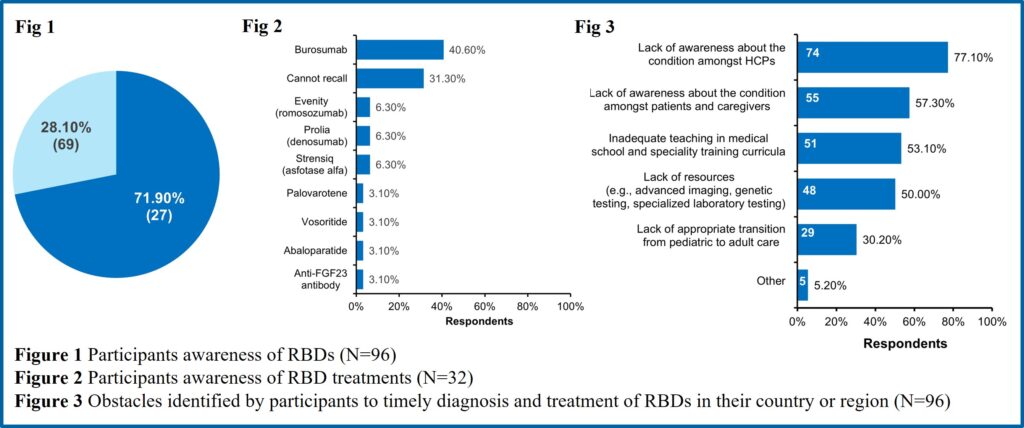
The survey’s results reveal both the strengths and shortcomings in the region’s current approach to rare bone disorders:
- Significant variations in practice: Approaches to diagnosing and managing RBDs differ widely across countries, with some lacking formal diagnostic algorithms or national registries.
- Delayed diagnosis: Many patients face long diagnostic journeys, often due to limited clinician familiarity with rare bone disorders.
- Access challenges: Limited access to specialized centers, laboratory tests, and approved therapies remains a major hurdle in several countries.
- Inconsistent multidisciplinary care: Few centers have fully integrated teams involving endocrinologists, rheumatologists, orthopaedic specialists, geneticists, and other experts.
- Educational and awareness gaps: Clinicians often cite a need for greater training and knowledge-sharing on RBD management.
- Need for collaboration: Respondents emphasized the importance of regional and international partnerships to drive improvements and share best practices.
Building the Roadmap for Change
The ASPIRE Survey doesn’t just highlight problems it proposes practical pathways for progress. Key recommendations include:
- Developing regional networks to promote knowledge exchange, mentorship, and research collaboration.
- Harmonizing diagnostic criteria and treatment protocols across countries to improve consistency and equity of care.
- Building capacity and expertise through targeted education and training programs for clinicians.
- Enhancing patient engagement and awareness initiatives to encourage earlier recognition of symptoms.
- Advocating for policy reform and funding support to expand access to diagnostic tests and treatment options.
These actions, if implemented collectively, can create a sustainable ecosystem for improving the management of rare bone disorders in the Asia-Pacific region.

This landmark publication represents a true collaboration between leading experts in bone health from around the world. The survey was led by APCO Chairperson- Prof Manju Chandran who also was the lead author. The co-authors included Prof Sanjay Kumar Bhadada, Prof Peter Ebeling, Prof Ambrish Mithal, Tricia Newell, and Satpreet Kaur, along with distinguished collaborators Prof Kassim Javaid, Prof Roderick Clifton-Bligh, Prof Craig F. Munns, Prof Andrea Trombetti and Prof Maria Luisa Brandi. Their combined expertise reflects APCO’s commitment to uniting global thought leaders to drive progress in bone health policy, education, and clinical practice not only in Osteoporosis, but also in other metabolic bone disorders including neglected areas such as Rare Bone Disorders.
A Call to Action
The ASPIRE Survey findings are a starting point for transformation. By illuminating the current landscape, they provide the foundation for meaningful collaboration among healthcare professionals, policymakers, patient advocates, and the broader community. As APCO continues to advance its mission, the organization calls on all stakeholders to:
- Disseminate these findings across professional and policy networks
- Advocate for stronger infrastructure and education in RBD management
- Support regional cooperation to share best practices and resources
Together, we can move from insight to impact – ensuring that patients with rare bone disorders across the Asia-Pacific region receive the timely, expert, and compassionate care they deserve.
Read the full open-access article in Osteoporosis International: https://link.springer.com/article/10.1007/s00198-025-07706-8
